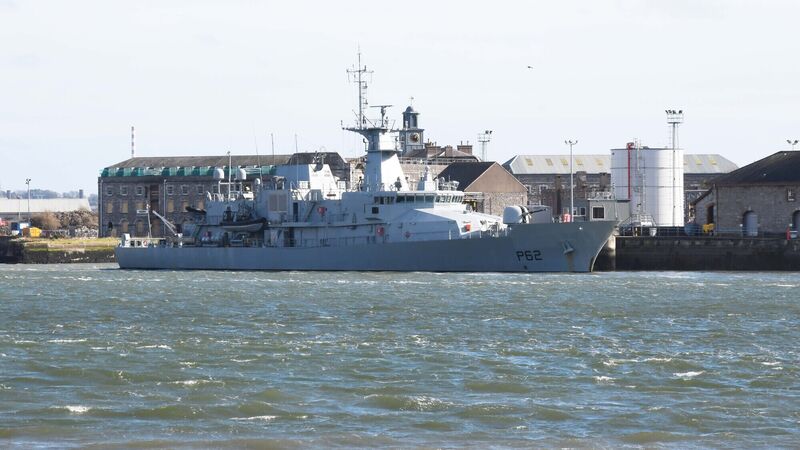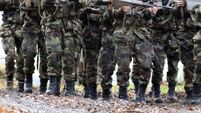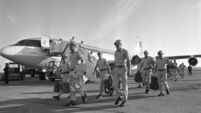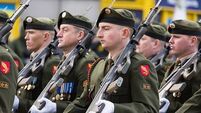Half of Naval Service officer cadets leave before completing training, conference told

Cadets do not earn a lot and life on the Atlantic can be very hard, a delegate told the conference. File picture: Denis Minihane
Half the number of officer cadets have left the Naval Service before completing training in the last five years — an "alarming" situation that needs "immediate" action, an officers' conference has been told.
The Representative Association of Commissioned Officers (Raco) president Lieutenant Colonel Martin Ryan said most of them left at a very late stage of training.













